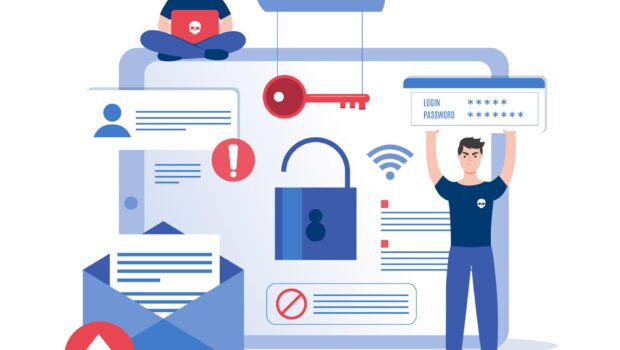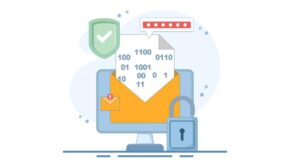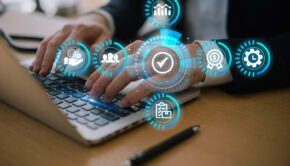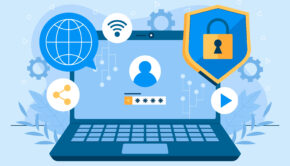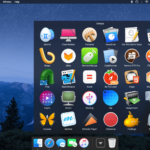Five Hacker Cyber Security Secrets That Will Make Your Company More Secure
Cybersecurity is the process of protecting applications, networks, and systems from digital threats. These cyberattacks usually try to obtain access to, change, or delete sensitive data, extort money from users, or disrupt normal business operations. Nowadays, there are more devices than people, and attackers are expanding more inventively, it is extremely difficult to implement efficient cybersecurity measures. Many security applications are developed for securing the company from malicious activities. There are also courses available like Palo-alto-training-online that would assist the professionals in organizing the security essentials for the firms to defend from threats.
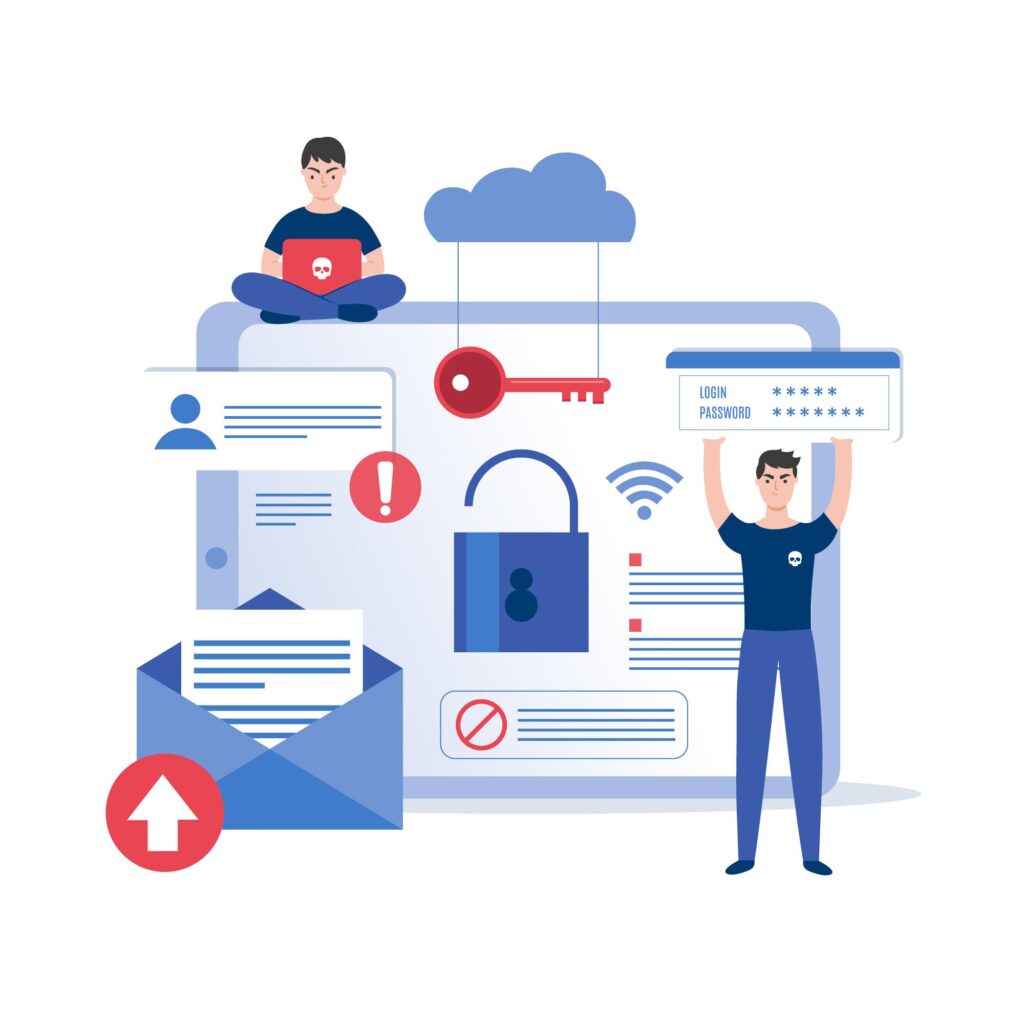
Image by Freepik
A person who resolves technological concerns by using networking, computers, or other skills is known as a hacker. Anybody who utilizes their skills to obtain unauthorized access to networks or systems to conduct crimes is referred to as a hacker. A hacker might, for instance, take information to harm people by bringing the system down, or by performing identity theft and, in many cases, hold it hostage in exchange for a ransom. This blog focuses on assisting with a few factors which would make the firms more secure. There’s a lot of talk about cybersecurity these days, and you’re undoubtedly aware of it. Complex passwords are crucial, particularly for accounts consisting of sensitive personal data, and you might know that public Wi-Fi must be avoided. It is a fantastic beginning, but hackers offered a few more suggestions that can assist you to stay secure online. The following are the five significant measures that must be considered for ensuring security for the organizations:
- You might not be encrypting all you must be
- Devices That Seem To Be Harmless Could Be Used For Stealing Your Personal Data
- Your credentials on simple Websites matter
- Wi-Fi should not be left on
- The Platform of Facebook Is Not A Secure
1. You Might Not Be Encrypting All You Must Be
Encryption is something you’ve probably heard of. Certain encryption is performed automatically, but you’re likely not encrypting the whole thing. Rather than focussing on your encryption activities of the internet, you must focus on encrypting the home directory on your pc, which majorly consists of your professional and personal files. You may also like to consider the swap area’s encryption, which is utilized if the Linux system has RAM running out.
When you encrypt more, the less likely it’s that hackers would gain entry to your sensitive data. It might take a certain time, but it is well worth it to go through your machine and mobile utensils and encrypt the whole thing from the home directory to text messages.
2. Devices That Seem To Be Harmless Could Be Used For Stealing Your Personal Data
Hackers are fascinated with gaining direct entry to machines. You certainly know that they could obtain vast amounts of data from tablets and cell phones, but are you aware that other devices that are seemingly harmless might also get hacked?
Remaining devices that could compromise your information and make your life difficult include the following:
- Smart TVs
- Voice-activated speakers
- Bluetooth headsets
- Thermostats
- Baby monitors
- Security systems
- Smart cars
- Garage door openers
Hackers can utilize baby monitors to spy over you and cause damage with thermostat exploitation, but these utensils can also act as a point of entry for hackers for gaining entry to other data. When your Bluetooth connects to the mobile, for example, a hacker could gain entry to it, modify it, and thrive your data.
3. Your Credentials On Simple Websites Matter
Passwords are significant, as you know well. You’d never select an easy password to your patient portal at a doctor’s office or a bank account, but they are not the only things that matter.
The passwords for easy sites, like websites in which you have accounts to join clubs, create designs, read articles, etc, are essential. Hackers want to gain entry to these websites and gain worthy information regarding you, like your full name and the email address that might be used for gaining access to other accounts. A hacker, for example, could utilize your email address requesting for changing the password and then utilize the code for modifying your password over other, more vital websites.

Photo by Markus Spiske on Unsplash
4. Wi-Fi Should Not Be Left On
Even if public Wi-Fi was more secure than it previously was, it doesn’t ensure that each point of access is safe. It is still a valid idea for avoiding the usage of public Wi-Fi, but you can be utilizing it and not even be aware of it.
If Wi-Fi is turned off on your mobile when you’re on the go, it would keep attempting for a network connection. Even if you’re not utilizing your mobile, you can connect to a network every time you visit the gas station, store of groceries, or coffee shop, providing hackers entry to data. Practice turning your Wi-Fi on only when you’re using it.
5. The Platform of Facebook Is Not A Secure
Facebook can be vulnerable in various ways, but it turned out to be much riskier than you might think. This social networking site has various clever approaches for hackers to gain entry to your information.
Hackers can use threatening films to attract you for installing media players when finishing a survey or an amusing personality test could offer them the entry they need to infiltrate your device with malware. If you’re on Facebook, it’s more crucial to be careful concerning who you talk to and what you click on.
There are plenty of excellent cybersecurity suggestions available, but pay attention to these hacking recommendations if you would like to remain ahead of the curve when data security comes into it.
Conclusion
In this post, we have addressed the importance of cybersecurity to organizations, understanding the hacker and malicious activities. We have successfully explored the five secret securing measures that would assist the company. We hope the readers have gained crucial knowledge on encryption, devices, credentials, WiFi, and platforms.

